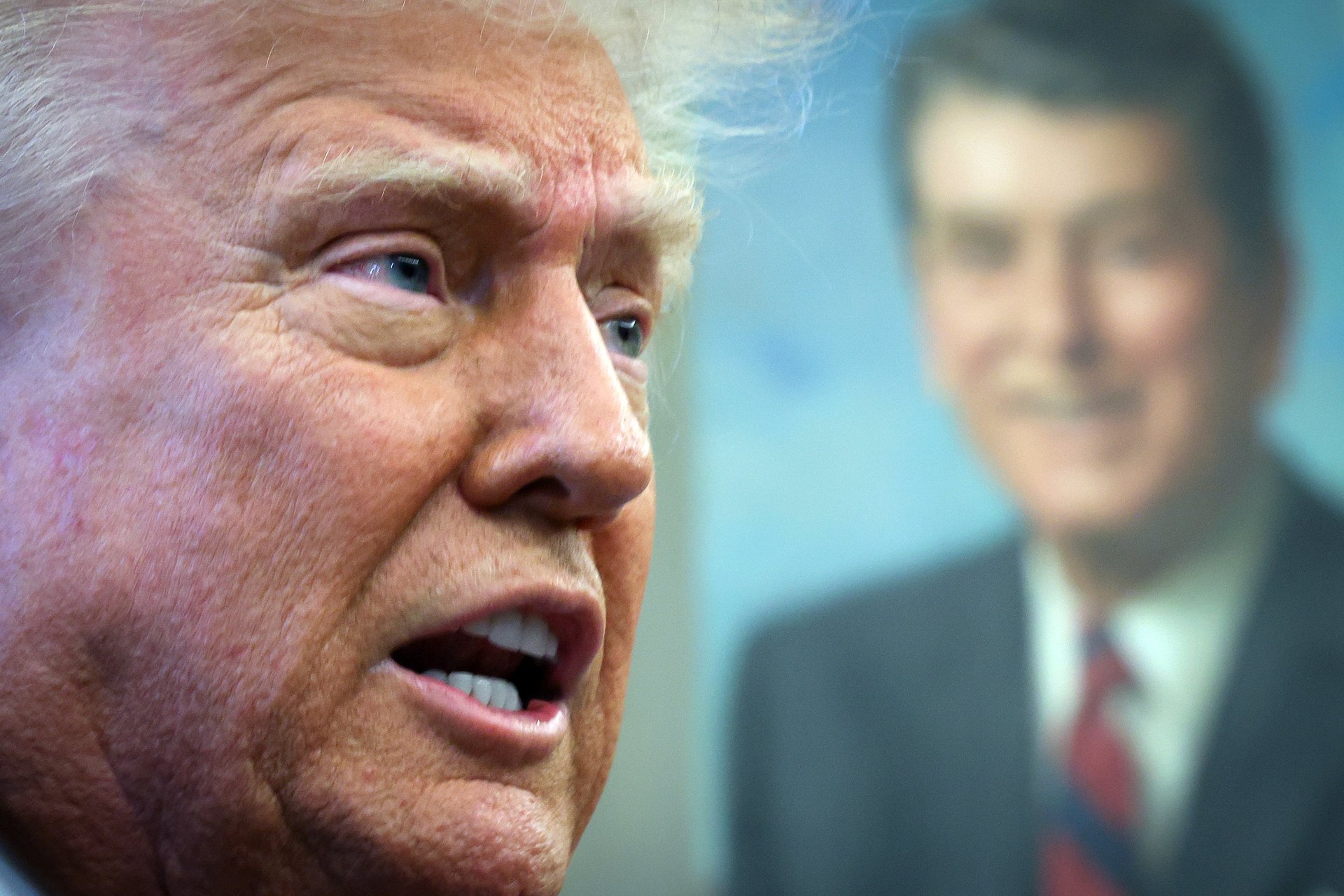Blaming China for price hikes could backfire for companies, PR exec says
Sean Cassidy, CEO at DKC, appeared on NYSE TV to break down the challenges businesses face in explaining tariff-related price increases to consumers

Sean Cassidy, chief executive officer at public relations firm DKC, spoke with NYSE (ICE) TV for a special video interview.
Watch the interview above and check out the transcript below, which has been lightly edited for length and clarity.
KRISTEN SCHOLER (KS): Joining us to understand more is Sean Cassidy. He’s CEO at DKC. Sean, welcome.
SEAN CASSIDY (SC): Thank you for having me.
KS: A big day, of course, for America, the world, and here at the New York Stock Exchange. When it comes to trade, we’re just about 15 minutes until the market open at this time that we’re sitting down. I want to hear more about your study and what it revealed in terms of defining tariffs, how easy or challenging that is for Americans.
SC: It’s very challenging. Businesses are gonna be on the front lines describing price, what it’s gonna ultimately be, price increases to their consumers. And one of the major challenges combining the fact that just at the cash register consumers are gonna see higher prices, is that many consumers in the data show that more than a third don’t even understand what a tariff is. So companies have the double whammy of explaining that, and then also being very transparent about the fact that the prices are gonna go up.
KS: Interesting. Of course, we did see President Trump win the popular vote this time around for a second term in office, but inflation is a major concern among consumers, and we’ve seen that in the economic data as well. I see here 42% of participants say they are pro-tariff. What more can you tell us about that?
SC: Well, one, I think a lot of that is linked to the fact that a significant portion of the population does not understand what a tariff is. So if you have a popular candidate, a lot of people who don’t understand what the impact of tariffs are gonna be, are gonna go along with that candidate. Also, I think there is an America-first sentiment that a lot of people believe may change very clearly when folks start to notice that the prices at the cash register are going up and inflation [might] follow.
KS: How does political affiliation play into people’s views on tariffs?
SC: Right now, it’s very predictably along partisan lines. Republicans were more in favor of it, Democrats less. So, again, I think that goes back to the lack of understanding. If there’s lack of understanding, you’re gonna go with the candidate that you support as time goes on. Should prices increase, and they will, what’s going to ultimately result is that’s gonna even out a little bit, and you’re gonna get some significant concern about it.

KS: Now, how should consumers be operating in this environment? They might not understand tariffs well, according to the data that you’ve seen, but we do know that their sentiment is declining, and in fact, they do anticipate higher inflation ahead.
SC: Right. Well, I think consumers have to be smart about their money right now. I mean, clearly prices are gonna go up as a result of this. If this tariff plan goes through, as it seems people are expecting it to, prices will go up when prices go up. You know that hits people in the wallet. Therefore people need to be smart about how they’re spending their money right now.
KS: What do you think are the best ways for businesses to explain this to their customers?
SC: Well, one, it’s very interesting. They have to be very transparent about it, businesses, and I’ve noticed many companies lately have been good about this. They’re saying, “Hey, look, we are going to see price increases here. It’s not something we’re crazy about doing, but it’s something we have to do and we have to pass along.” Here’s what’s interesting. One thing companies cannot do is try to pass the blame onto either the government or, interestingly, to a foreign entity. Companies, if they’re gonna say, “Hey, listen, we need to raise prices here. Hopefully this will be temporary. We’re gonna examine supply chains, try to keep this as low as possible, but it is gonna happen in order to do that. By doing that, we can maintain the wages for our employees, keep our headcount.” If they say, “Hey, we have to do this, but it’s not our fault. It’s China’s fault.” That, according to the message testing we did, it’s actually the worst possible thing you can say.
KS: Interesting. How are you finding that advertisers and marketers are responding?
SC: I can speak from our perspective. We are advising our clients to be very, very transparent about this. Be in front of it. Don’t be on the back end of it. If prices are gonna increase, which they are, you need to be upfront with your customers about it. Don’t pass the buck, don’t hide from it. Be upfront, and in my opinion, it’s largely a C-suite conversation. The chief executive should be out there explaining that. And for the most part, many of the businesses we looked at coming into this segment have been pretty good about doing that.
KS: Yeah. There are a lot of real time changes that we see happening at the White House on this particular front. How does that factor in?
SC: You have to say, hey, be as transparent as you can with what you know at the time, but you also have to expect that you’re gonna have to be out there a fair amount on this. This is not one statement and then, you know, we’ll come back to you in six months.